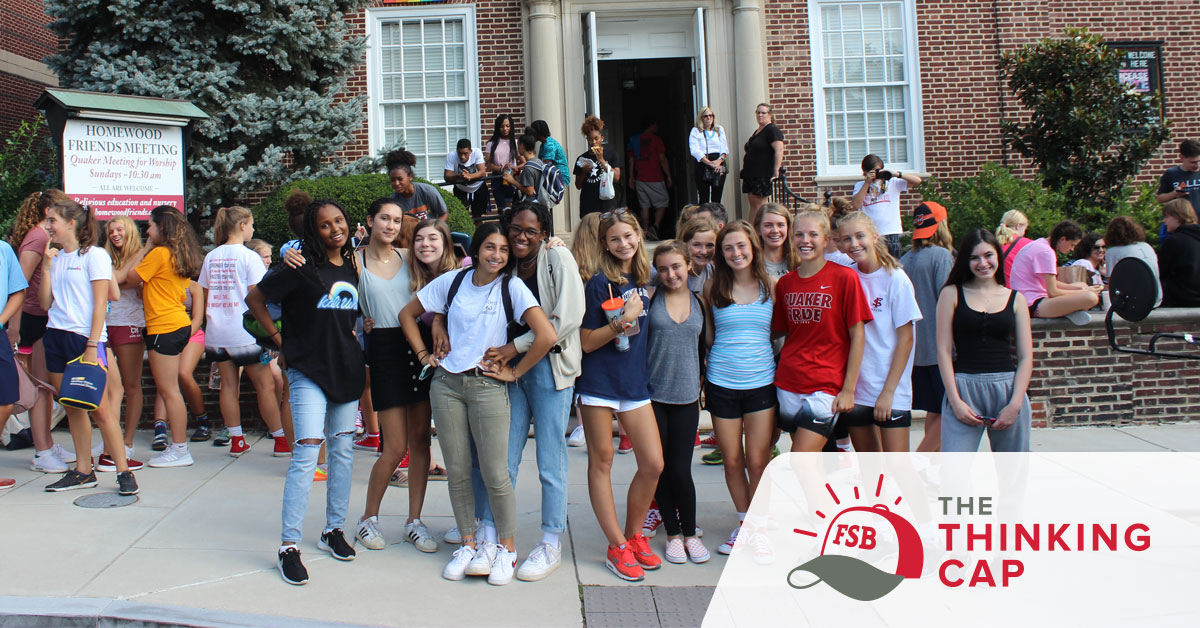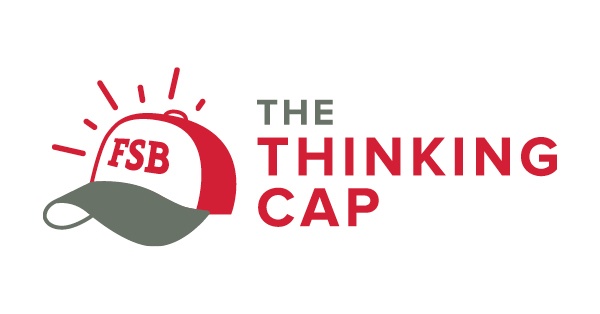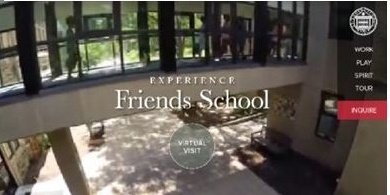In the opening Query of the newly published 2018 issue of Friends Magazine, editor Sue DePasquale posed the following question to members of the School community:
What, if any, responsibility do Baltimore's independent schools have to be a good neighbor?
Several readers weighed in with thoughtful (and thought-provoking) responses, which we have excerpted below. We invite you to read on and then share your thoughts using the "Submit Comment" form below. Do independent schools, like Friends School of Baltimore, located in urban environments beset by myriad challenges bear a responsibility to go above and beyond community service? Lend your voice to the conversation.
David Olawuyi Fakunle ’05, Ph.D., postdoctoral fellow, Morgan State University School of Community Health & Policy; co-founder/CEO, DiscoverME/RecoverME: "I would state that most, if not all, independent schools do not have an inherent responsibility to be a “good neighbor” of service to the urban environments in which many are located. That is one of numerous consequences of white supremacy and the inequitable distribution of power and resources that allow independent schools to create and perpetuate their own figurative bubbles of comfortable ignorance. However, such a responsibility becomes prudent as the demographic and philosophical composition of the schools’ student, teacher, and administrative bodies begin to reflect the diversity of the environments that surround them and beyond....More
Amy Schmaljohn, Ph.D., inaugural Bliss Forbush Jr. ’40 chair of Friends School’s Institute for Public Engagement and Responsible Dialogue: "Well, I suppose I’d begin with a slightly different question. If I see our city as a place beset by challenges, I’m not likely to see the vast resources and creative spirit present in Baltimore. And if I ask myself what responsibility, if any, I have to be a good neighbor, I am overlooking the reality that I am already a neighbor, already in relationship with Baltimore....More
Liz Lauros ’98, Deputy Commissioner of Strategic Partnerships for the City of New York’s Department of Social Services: "For me, the first step of answering this question is to examine why we want to be a “good neighbor.” Independent schools and other institutions often talk about this concept in the context of doing service work, and/or in reflecting on the experience of having resources when a larger community is lacking. We should pause when we are going down that path of thought and shift the framework toward considering that we all have a stake in a just and fair community, not only those who are oppressed or marginalized....More
Heidi Hutchison, Director of City Curriculum, Friends Select School (Philadelphia): "I believe our country is desperate for a renewed understanding of what it means to be a good neighbor...Although we now have technology that connects us, we seem to be less connected. Being a good neighbor takes courage and effort. We want to live in good neighborhoods, but are we good neighbors ourselves? Our own city of Baltimore literally bleeds on a daily basis. This year we have had 209 (as of 9/18) homicides and nearly 24 percent of Baltimore’s residents live below the poverty line. Erricka Bridgeford, one of the co-founders of Baltimore Ceasefire, asked our community to help Baltimore not just by calling for peace during Ceasefire weekends, but by attending community activism meetings. She doesn’t want us to throw money at a problem, but rather bring our children and families in unity together by getting to know one another … to listen and listen deeply....More
Ariana Sharifi ’18, first-year student at University of Maryland, College Park: "At Friends, I have learned what it means to be a good neighbor. Having gone to Friends for six years, the Quaker testament of community has been ingrained within me: We all have the right to a full, safe, and healthy life. A key part of Quakerism is integrity: Our School’s beliefs of equality and community must be manifested through our actions, and we must act on what we believe in. For these reasons, I believe that Friends’ responsibility to be a good neighbor is heightened....More
Tom Buck, Friends Upper School English teacher since 1987: "For so many of my friends and colleagues, being 'a good neighbor' in Baltimore means reaching out to help in some concrete way, whether it be tutoring or serving meals or rehabbing houses or providing needed supplies or chipping in with one kind of sweat equity or another. God only knows that I honor that, and have tried in some small way to do my part for decades…Perhaps because of the fact that it’s less complex, I choose to take on the challenge of finding ways to take advantage of Baltimore’s myriad cultural institutions…. During the 2017-18 school year, I shepherded groups of 10 to 25 kids and colleagues to plays at Center Stage (“Skeleton Crew”), Everyman (“Long Day’s Journey Into Night” and “Intimate Apparel”), Iron Crow (“The Goodies”), and the Chesapeake Shakespeare Company (“Red Velvet”). All of these theaters are in classic old, often-rehabbed, buildings downtown. To my way of thinking, these trips, mostly at night but occasionally for student matinées, are win/win. Members of the Friends community are getting what is often, if not always, a great experience at an urban cultural institution that likely needs all the support it can get...More
What are your thoughts? Be a part of The Thinking Cap's online discussion group. Weigh in on something you've read or add a new insight in the Comment section below.







